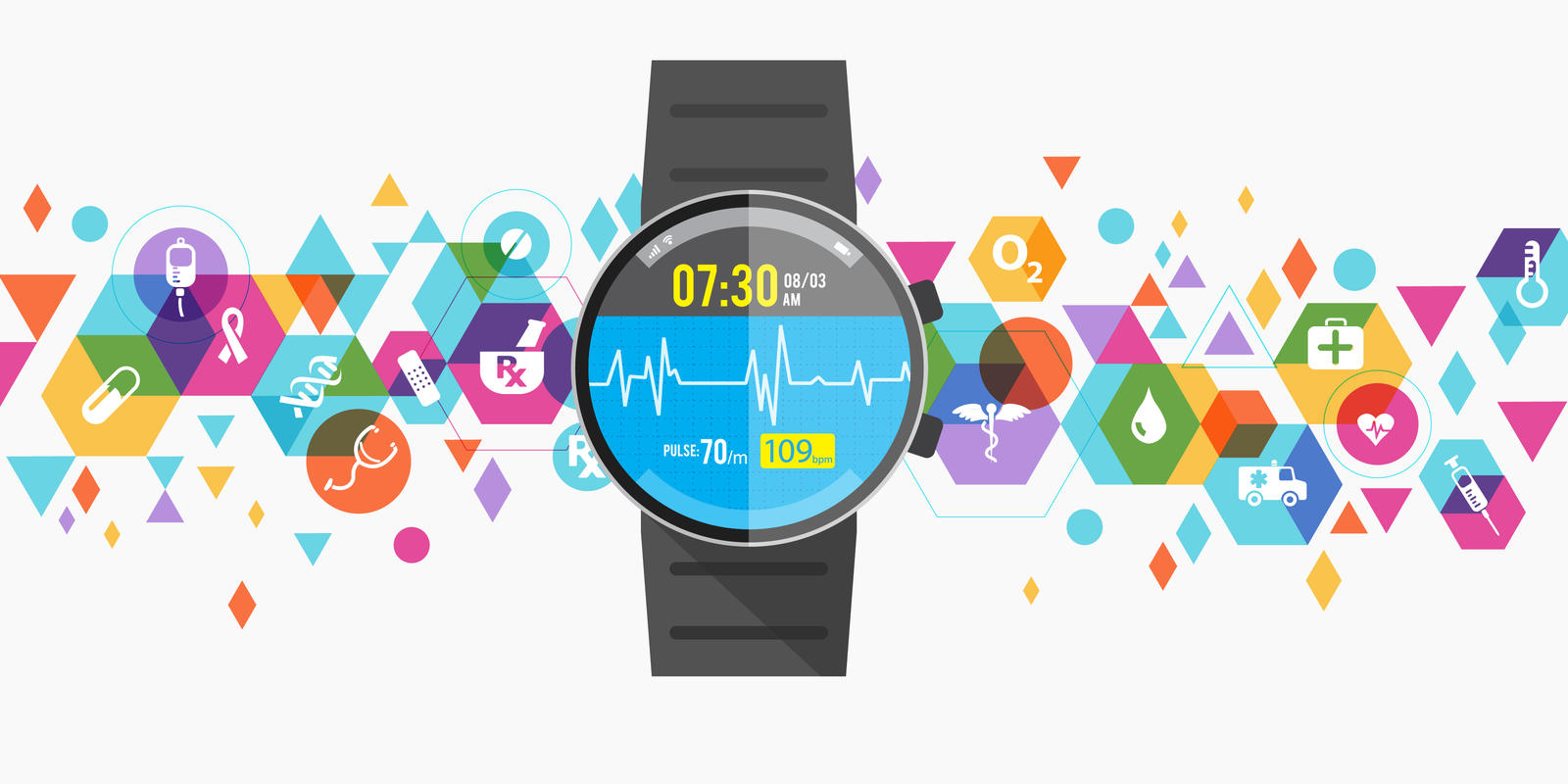Millennials: Informing the Future of Healthcare
By Ame Wadler
10/27/16

When we think of the healthcare consumer today, our mind’s eye is most likely to conjure up images of frail Silent Generation individuals, Boomers striving for vitality as they refuse to age and stressed Gen Xers sandwiched between the needs of their parents and their children.
Healthcare organizations are not yet thinking about the needs – or opportunities – represented by the much talked about Millennial generation. Yet, not only are Millennials health aware, finding a unique way to balance and personalize their lifestyles with their health-styles, but their internalization of technology is changing how they approach health and our standards of care.
It will likely not come as a surprise to anyone to know that technology informs a great deal of the Millennial’s health decision-making. But, this generation is not just focused on searching diseases or treatments. According to The Human Project™, Zeno Group’s proprietary research on generations, while health is a key focus, indulgence remains a characteristic of this youthful demographic. They are not going to give up the fast food they love but they will use their FitBit to determine if they’ve burned the calories necessary to stay in balance.
They are a data hungry group –Millennials are more likely to turn to WebMD and Google to self-diagnose before seeking medical attention [1]. More than 54 percent of millennials search online for health information before seeing a physician [2] and Google is how they find those doctors – they look as closely at doctor reviews as they do reviews of new technology. Seventy-six percent of millennials value online reviews from other patients so if a doctor does not have publicly accessible reviews, the chances of a millennial selecting that physician is lower [3]. But here’s a surprise…millennials are three to five times more likely to trust a pharma-sponsored social media platform than are their parents [4].
However, when it comes to their aging parents, millennials have been abandoned. Loyalty and responsibility are values that Millennials appreciate in themselves and others. They believe it is their role to take care of their parents or grandparents but are at sea when it comes to knowing how to do so. According to AARP and the National Alliance for Caregiving, nearly half of all adult caregivers are younger than 50 with an average age of 27 and are spending more than 21 hours each week caring for a loved one. But they have little to no experience with serious illness, with making important health care decisions or dealing with insurance. The time and stress of caregiving profoundly impacts their own quest for health and balance as well. When in doubt, they turn to their friend technology for help.
Opportunity abounds to embrace this generation’s desire to live in balance while leveraging technology to help them continue to help others. The organizations that succeed in providing this support will earn a friend for life from this loyal generation.
[1] Koren, Daniella. “What Millennials Want When It Comes To Healthcare.” Media Post. 28 Apr. 2016. Web. 07 July 2016.
[2] “The Millennial Patient: New Data Highlights Key Differences Between Millennial and Baby Boomer Healthcare Consumers.” Nuance. 31 Aug. 2015. Web. 7 July 2016.
[3] Pennic, Fred. “8 Millennial Trends Shaping the Future of Digital Health.” HIT Consultant. 16 Feb. 2015. Web. 07 July 2016.
[4] Knight, Tracy. “Healthcare Marketing to the Millennial Mindset.” Knight Marketing. 6 Aug. 2015. Web. 12 July 2016.[:]
